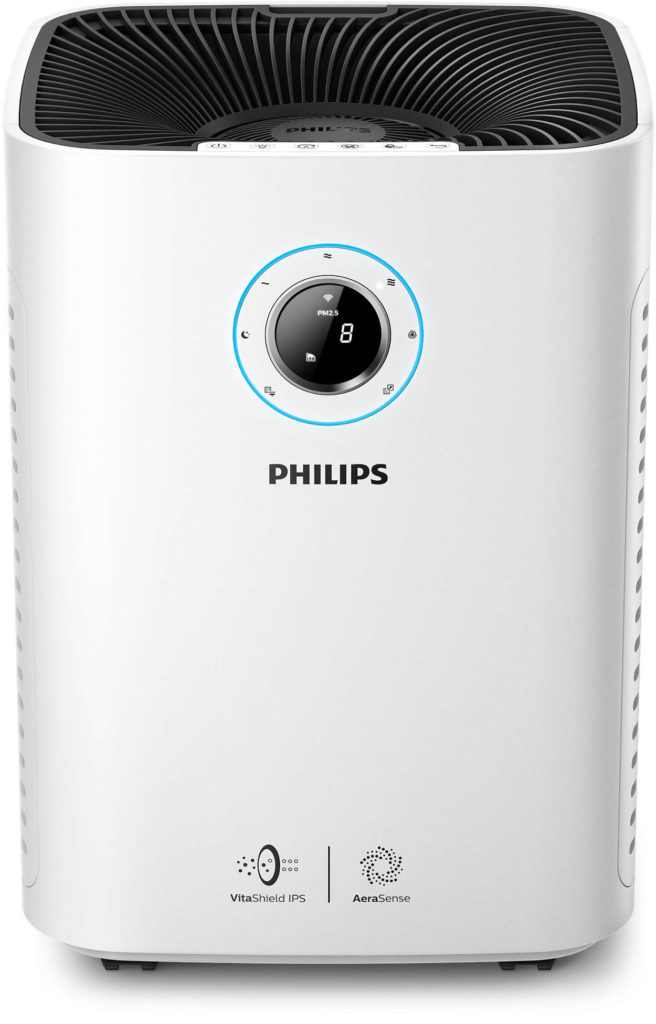While Tennessee has a clear need for school infrastructure upgrades, especially as it relates to lead in water, it’s also worth noting that improving air quality in schools could have tremendous benefits for students — both in terms of health and academics. A new study highlighted in Vox notes that student achievement improves when schools install air filters.
The impact of the air filters is strikingly large given what a simple change we’re talking about. The school district didn’t reengineer the school buildings or make dramatic education reforms; they just installed $700 commercially available filters that you could plug into any room in the country. But it’s consistent with a growing literature on the cognitive impact of air pollution, which finds that everyone from chess players to baseball umpires to workers in a pear-packing factory suffer deteriorations in performance when the air is more polluted.
A study following the installation of the air filters noted a significant impact on student performance:
He finds that math scores went up by 0.20 standard deviations and English scores by 0.18 standard deviations, and the results hold up even when you control for “detailed student demographics, including residential ZIP Code fixed effects that help control for a student’s exposure to pollution at home.”
These findings are consistent with other data on the subject:
But Sefi Roth of the London School of Economics studied university students’ test performance relative to air pollution levels on the day of the test alone. He found that taking a test in a filtered rather than unfiltered room would raise test scores by 0.09 standard deviations. That’s about half the impact Gilraine found, just based on day-of-test air quality. In Gilraine’s natural experiment, students benefited from cleaner air for about four months. Given that context, it’s not incredibly surprising that you could see an impact that’s about twice as large.
So, a relatively inexpensive change in schools could have a big, positive impact on every student in the state. By contrast, school vouchers represent a very expensive intervention that negatively impacts participating students:
Recent data from the non-partisan Brookings Institute, for example, shows that four rigorous studies done in Louisiana, Washington, D.C., Indiana and Ohio found that struggling students who use vouchers to attend private schools perform worse on achievement tests than struggling students in public schools.
So, will the Tennessee General Assembly repeal the voucher legislation and move forward with a plan to add air filters to classrooms?

For more on education politics and policy in Tennessee, follow @TNEdReport
Your support — $5 or more today — makes publishing education news possible.